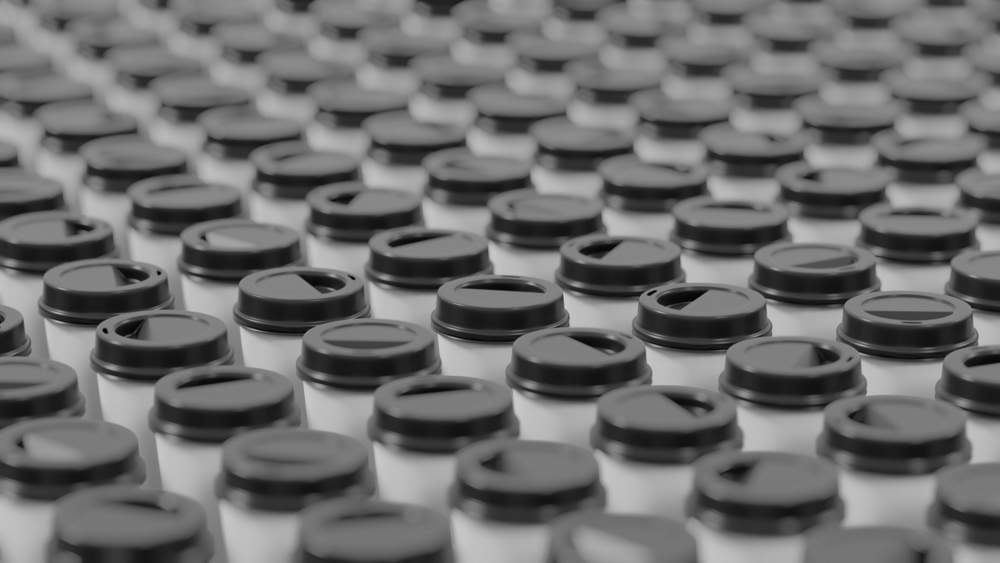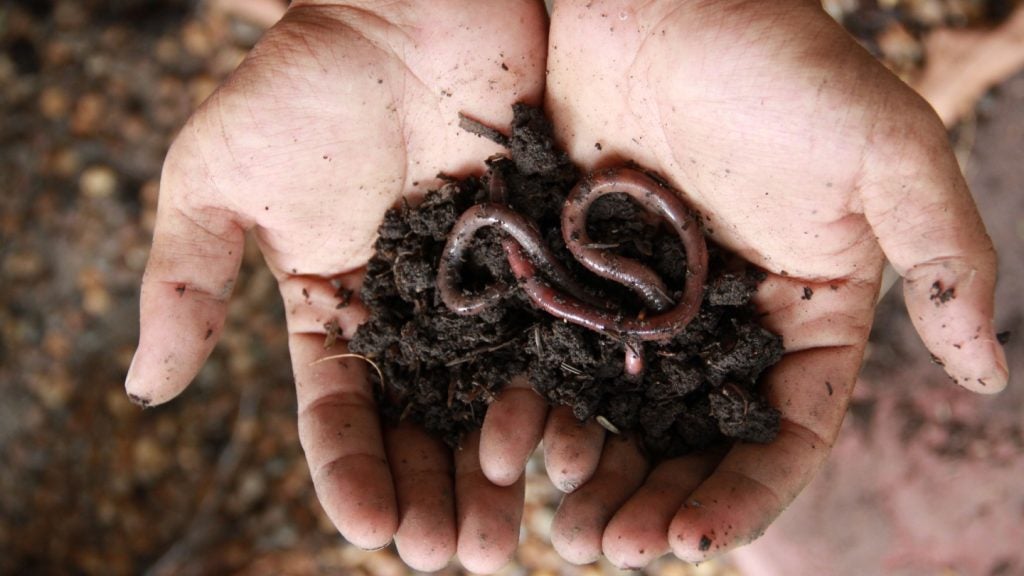
There are almost 14,000 coffee shops in the UK. But with great coffee sales comes a great number of disposable coffee cups to dispose of.
Each year 2.5bn disposable coffee cups are landing on Britain’s landfills, a 2016 study by Cardiff University found.
The industry is reacting, but the response has been slow.
The largest coffee chain in the UK, Costa Coffee, uses a two-tier system to both reduce the use of disposable cups and increase the number of recycled cups.
Costa lets customers recycle used paper coffee cups in their 2,000 outlets, however the use of polyethylene in these cups makes it more difficult to recycle, especially when mixed with other waste.
This means cups must be separately taken to specialist recycling plants.
How well do you really know your competitors?
Access the most comprehensive Company Profiles on the market, powered by GlobalData. Save hours of research. Gain competitive edge.

Thank you!
Your download email will arrive shortly
Not ready to buy yet? Download a free sample
We are confident about the unique quality of our Company Profiles. However, we want you to make the most beneficial decision for your business, so we offer a free sample that you can download by submitting the below form
By GlobalDataThe second part of its system gives customers that bring reusable coffee cups a 25p discount. This model has been followed by chains Starbucks, Pret a Manger and Paul, amongst others.
The chains offer their own branded reusable cups, but will accept cups from other competitors, as long as they have a tight-closing lid.
What more can be done about disposable coffee cups?
Some have voiced concerns that the measures are not going far enough yet.
Rather than only incentivise customers by giving discounts for using reusable cups, charging extra for disposable ones is another possibility.
The research from Cardiff University showed that customers react more sensitively to losses — extra charges — than gains — discounts — and the use of reusable cups was increasing when disposable cup use was charged.
The tune sounds familiar – the 5p plastic bag charge which was introduced in the UK in 2015 reduced the usage of plastic carrier bags by 85 percent almost overnight.
It may not work out the same even if charges are brought in, however.
After all, convenience is more often than not the reason to say “well, the next time…” when going for a disposable cup again.
Certainly, the coffee chains have opened the discussion, a good sign and a decent start.







Related Company Profiles
Costa Ltd
Starbucks Corp